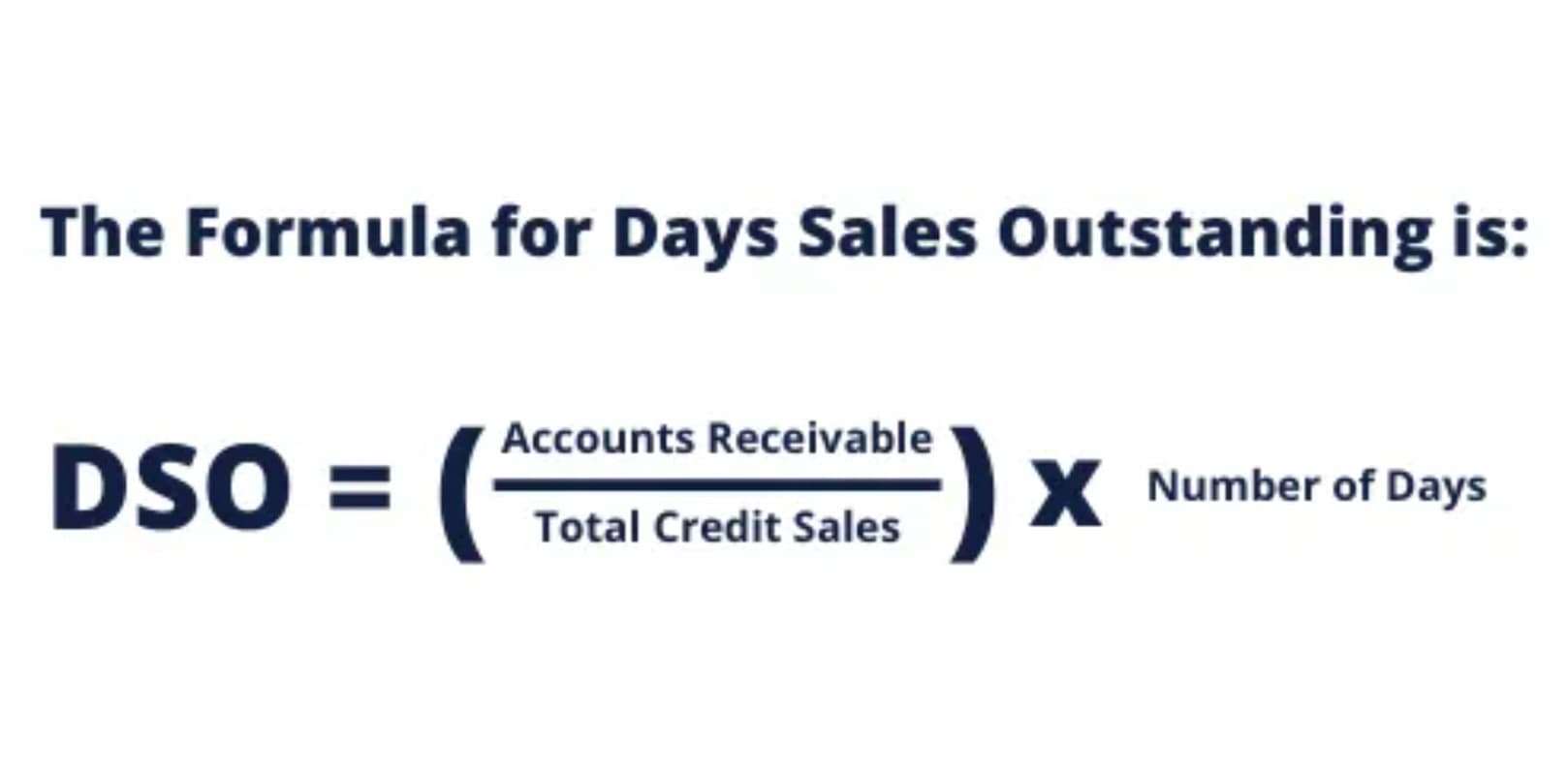- ホーム
- Bookkeeping
- The Complete Guide to LLC Taxes
The Complete Guide to LLC Taxes
2022年10月21日

Establishing an LLC provides numerous benefits for small business owners, including limited liability protection, pass-through taxation, and ownership flexibility. If you’re the only person involved in your LLC, you may instead elect to use your Social Security number. Keep in mind that some financial institutions may require that you have an EIN to open a small business bank account. On that note, you’ll also want to set up a business bank account for your LLC.
- If you’re the only owner of your LLC, the IRS will tax your business as a sole proprietorship—meaning you, as the sole proprietor, will pay taxes for your LLC on your personal 1040 tax return.
- For this reason, single member LLCs rarely elect to file as C corporations.
- On the other hand, in-house bookkeeping provides greater control and customization of processes according to the company’s specific needs.
- An S corporation is a pass-through entity; you’ll pay your personal tax rate on all business income.
- As tempting as it might be to do all of this on your own, it’s important that you talk to an expert, preferably a lawyer, before finalizing your LLC.
- Most states do not restrict ownership, so members may include individuals, corporations, other LLCs and foreign entities.
- When you use accounting methods to track your expenses, such as by using a separate bank account for business costs, it can be easier to deductions come tax time.
What are the disadvantages of forming an LLC?
An LLC includes the features of a sole proprietorship, a partnership, and a corporation. The LLC, therefore, presents itself as the most flexible business structure. As opposed to a sole proprietorship, an LLC protects the individual from debts and lawsuits.
What Is A Limited Liability Company (LLC)? Definition, Pros & Cons

However, if you have multiple members in your LLC, it’s a good idea to set up a separate account to avoid any potential conflict of interest. Setting up payroll can seem like a daunting task, but https://www.bookstime.com/ it doesn’t have to be. This will help identify any discrepancies and make sure that the books are in order. You can always hire an accountant, just check first how much do accountants charge.
- Schedule K-1s must be completed as part of Form 1065, but they are also used by members to report their share of the LLC’s income and deductions on their personal tax returns.
- The LLC, therefore, presents itself as the most flexible business structure.
- These tools not only make it easier to record and categorize expenses but also provide valuable insights into spending patterns over time.
- If you’re here to correctly establish an LLC,, you’re already ahead of the game.
- To apply for an EIN, you need to fill out and submit an IRS Form SS-4.
- LLCs also provide more flexibility than other business types as to how taxation functions.
- To create an LLC, you have to apply to your state’s Secretary of State, put together an operating agreement, and secure your required licenses, all of which you can read about in our guide to LLCs.
What’s the difference between an LLC and a corporation?
This information is likely available from the same office or on the official website as part of the list of business forms and fee schedules. Once these steps are complete, one or more business owners or organizers will need to sign the form. You must receive and handle crucial legal documents or notices as your LLC’s registered agent. If you are not as knowledgeable about local laws and believe you would struggle to manage this type of paperwork, acting as your own agent may not be best, even if the goal is to save money. Marketing may be at the top of your mind as you consider names for your business.
Is an LLC better for taxes?

In this case, an individual engages in business without establishing a formal organization. Once it’s formed, you’ll need to ensure your business remains in good standing with your state. Again, refer to your state’s business filing website for current information on how to do so. You may need to file an annual report that updates information pertaining to your LLC and pay an annual filing fee. Many states don’t require an operating agreement, but that doesn’t mean you don’t need to craft one. LLCs with more than one member or partner will want to create one to ensure everyone agrees on their rights and responsibilities.
What Is Better for Tax Purposes, a Sole Proprietorship or an LLC?
The key difference between an LLC and a corporation is that a corporation has shareholders, a board of directors, and officers, while an LLC is owned by members who can manage the company directly. Additionally, LLCs are typically taxed as a pass-through entity, whereas corporations are subject to additional taxes. Depending on the state your business resides in, there are different requirements for who can be a registered agent. Your LLC officially resides in the state where you file your formation documents. While your LLC isn’t required to have a physical address, your registered agent must have a physical address to accept important documents on behalf of your LLC. Generally speaking, your registered agent must be over 18 years of age and a resident in the state your LLC is established.
What Are Some Examples of LLCs?
The articles of organization are filed with the state in which the LLC is formed, along with a fee paid directly to the state. Paperwork and additional fees must also be submitted at the federal level to obtain an employer identification number (EIN). While the limited liability feature is similar to that of a corporation, the availability of pass-through taxation to the members of an LLC is a feature of a partnership rather than an LLC.
Bookkeeping and Accounting: Hidden Secrets You Need to Know
- An operating agreement contains the details of the financial, legal and management rights of all members of the LLC.
- The registered agent does not have to be anyone at your company or anyone employed by you, and does not have to be a member of the LLC.
- This allows your business to have bank accounts, assets, and finances.
- You’ll have additional costs if you hire someone to help you with the process or act as your registered agent.
It also simplifies tax reporting, enhances financial transparency, aids in tracking deductible expenses accurately, and contributes to better overall financial management. There are no strict requirements for record keeping when it comes to an LLC. LLCs aren’t required to file an annual report, where corporations are in some states. This makes it much easier to process the accounting each month and year. Every year, more and more small business owners structure their companies as a limited liability company (LLC).
Tax Preparation Course
You need to indicate whether the members of the LLC will do hands-on management or if there will be hired management. Another requirement is to discuss how long the LLC will be in existence (there is no limit on this, so it is fine to say in perpetuity). If you’re part of an LLC with multiple members, you use informational return Form 1065 to report the business income or loss to the IRS. In addition, the new LLC may need to apply for federal or state business licenses or permits.
The self-employment tax for a limited liability partnership is normally easy to understand if you know how an LLC gets taxed for income tax accounting purposes. There may also be different state taxes the LLC needs to pay depending on what the nature of their business is. The llc accounting requirements rules are enforced and administered by the Texas Comptroller of Public Accounts in the state of Texas. If the company decides to treat their LLC like a C corporation or as an S corporation, it’s important to have a tax practitioner who is knowledgeable to do your tax return.










